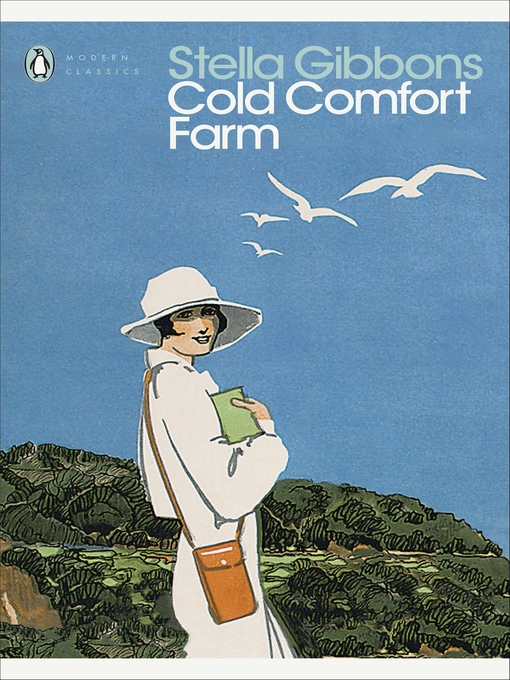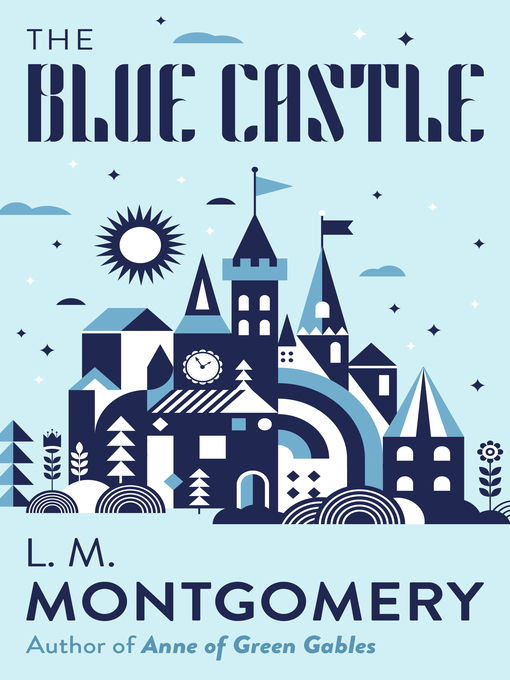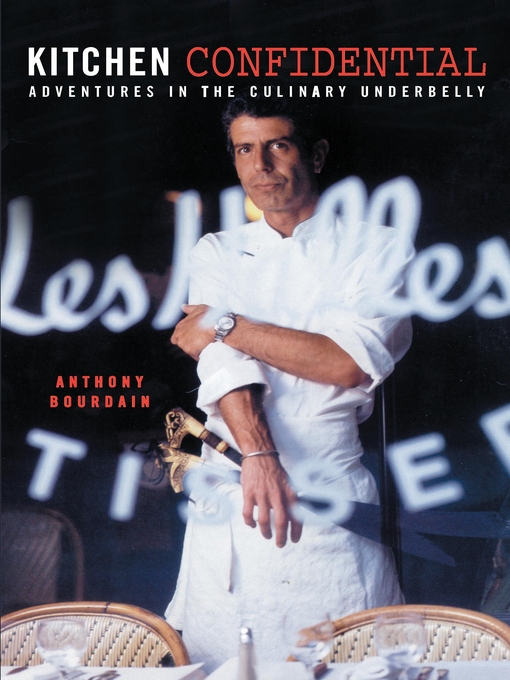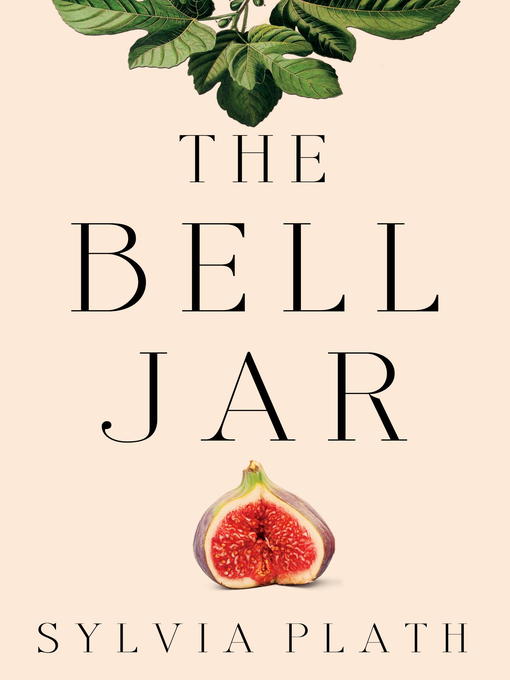It is time to break up your readings with some sci-fi. I may be a couple years behind, but I finally got around to finishing Love, Death & Robots on Netflix. The bite-sized episodes are so well-produced leaving you wanting more, and provide the perfect escape from midterms. If you’d like to have a similar experience and lean into spooky futures, this book list is sure to broaden your imaginations.
You can find all of this and more on the McGill Library website.

Bloodchild and Other Stories by Octavia E. Butler
Bloodchild and Other Stories is renowned author Octavia E. Butler’s only collection of shorter work and features the Hugo and Nebula award-winning stories “Bloodchild” and “Speech Sounds.” These works of the imagination are parables of the contemporary world. Butler proves constant in her vigil, an unblinking pessimist hoping to be proven wrong, and one of contemporary literature’s strongest voices.”–Publisher’s description.
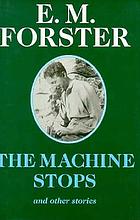
The Machine Stops and Other Stories by E.M. Forster
The collection provides a fascinating glimpse into Forster’s abiding interest in paganism and mythology, the mysteries of nature and the possibilities of magical transformation. Here too are fantasies of the afterlife … an ambitious experiment in science-fiction … [and] a realistic study of self-delusion and compromise.”–Jacket.

A Martian Odyssey : & other classic science fiction stories by Stanley G. Weinbaum
‘A Martian Odyssey’ is a profoundly influential story notable for its touching alien human friendship and fascinating descriptions of unusual aliens. In the 21st century mankind has landed on Mars via atomic powered spaceships.–sciencefictionruminations.com

Just like being there : a collection of science fiction short stories by Eric Choi
This is the first collection of science fiction stories by award-winning author and aerospace engineer Eric Choi spanning his 25 year writing career. The stories are “hard” science fiction in which some element of engineering or science is so central there would be no story if that element were removed. Story topics include space exploration, artificial intelligence, virtual reality, cryptography, quantum computing, online privacy, mathematics (statistics), neuroscience, psychology, space medicine, extra-terrestrial intelligence, undersea exploration, commercial aviation, and the history of science. A special feature of the book is that each story is followed by an “Afterword” that explains the underlying engineering or science. This collection will entertain and inform all aficionados of science and science fiction.
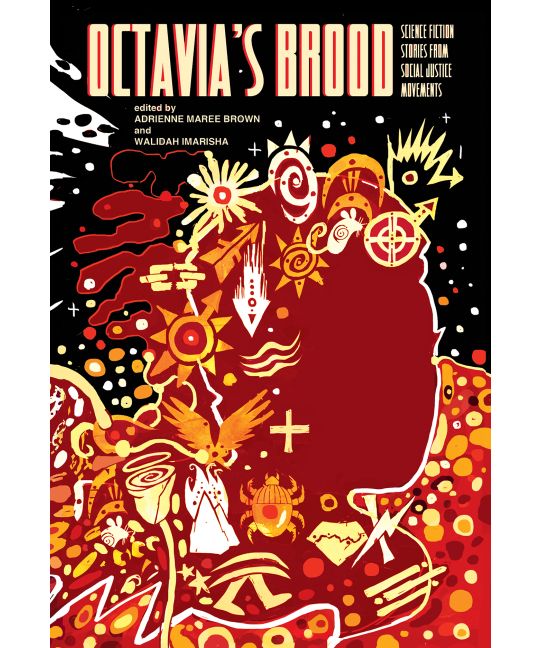
“Whenever we envision a world without war, without prisons, without capitalism, we are producing speculative fiction. Organizers and activists envision, and try to create, such worlds all the time. Walidah Imarisha and adrienne maree brown have brought twenty of them together in the first anthology of short stories to explore the connections between radical speculative fiction and movements for social change. The visionary tales of Octavia’s Brood span genres–sci-fi, fantasy, horror, magical realism–but all are united by an attempt to inject a healthy dose of imagination and innovation into our political practice and to try on new ways of understanding ourselves, the world around us, and all the selves and worlds that could be. The collection is rounded off with essays by Tananarive Due and Mumia Abu-Jamal, and a preface by Sheree Renee Thomas.”–Amazon.com.
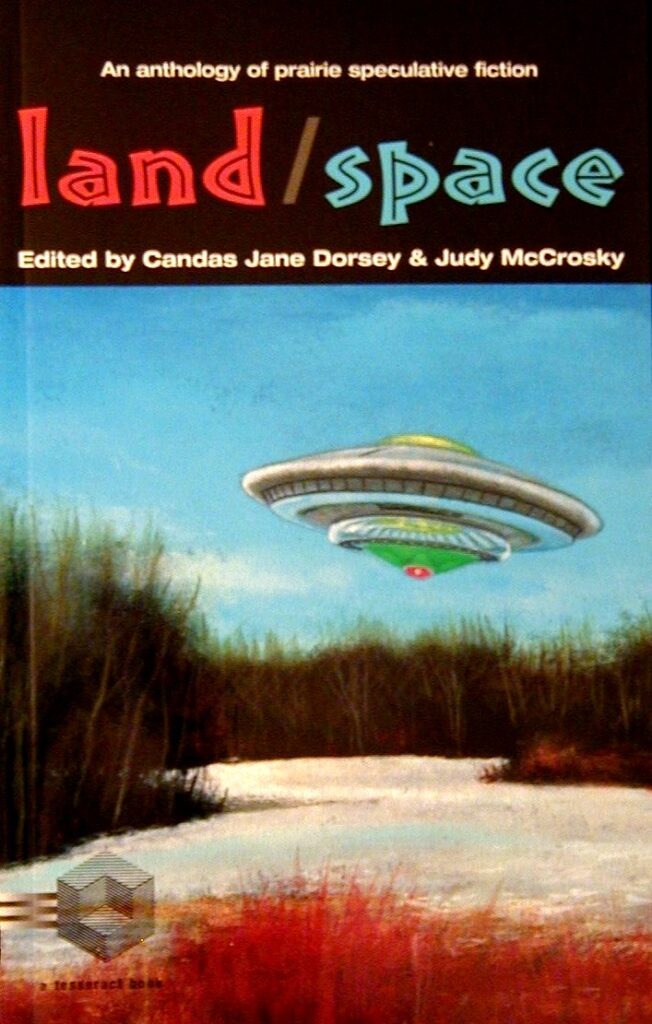
See the prairies in a whole new light, in this groundbreaking anthology of speculative fiction and poetry, exploring the prairie and the space above it, expressing prairie themes, visions, reality – and unreality! Land/Space includes short fiction by Alexandra Merry Arrvin, John Baillie, Martha Bayless, Ven Begamudre, Renee Bennett, Steven Michael Berzensky (a.k.a Mick Burrs) Donna Bowman, Tobias Buckell, Ron Collins, Alyx Dellamonica, Candas Jane Dorsey, Carolyn Ives Gilman, Geoff Hart, James A. Hartley, Mark Anthony Jarman, Darren K. Latta, David Levine, Sophie Masson, Judy McCrosky, Derryl Murphy, Carole Nomrahas, Holly Phillips, Ursula Pflug, with concluding essays by the editors.
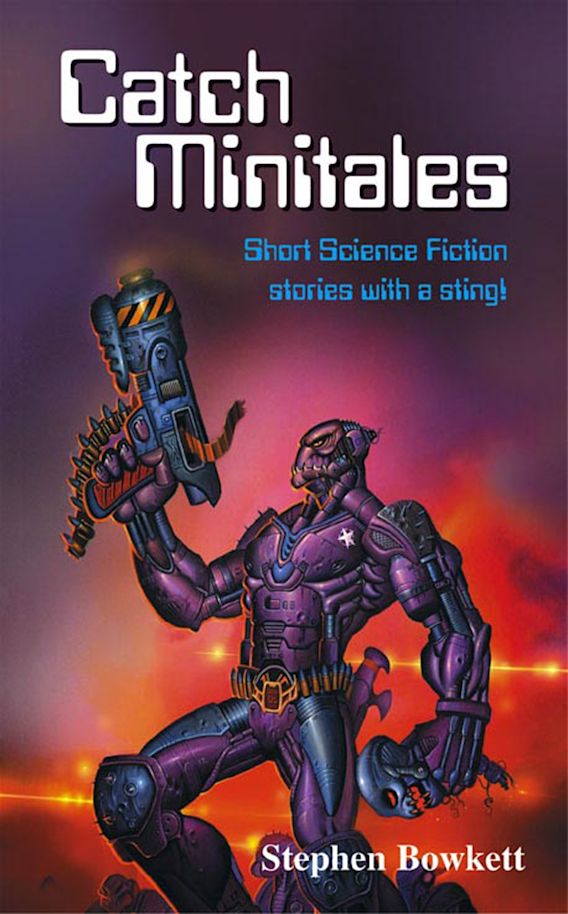
Catch Minitales : Short Science Fiction stories with a sting!. by Steve Bowkett
This book is part of an educational package called StoryMaker Catch Pack, which uses fiction as a resource for learning. What does Peeta do when aliens invade his planet? Why does Kane watch the skies every night of his life? How does Hector F. Payne save the world? Where can you find robots, giant rats, alien invaders, supercomputers … Catch Minitales – the Science Fiction Collection Here are 26 very short stories to fill you with wonder and excitement. Do you dare to journey through time and space?
If you have any questions about how to access these books or others let us know at hssl.library@mcgill.ca.

